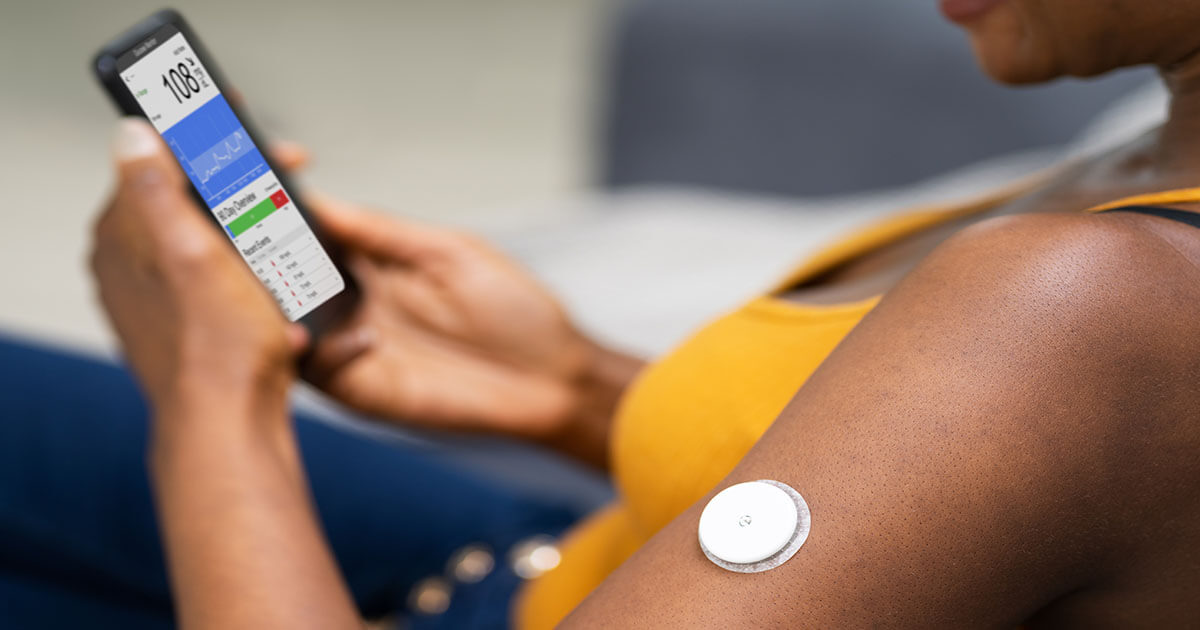It is now almost four years since I wrote a comment piece in this journal advocating a change in healthcare professional (HCP) training. The focus then was on a standardised curriculum encompassing pedagogy and the pivotal role of HCPs in delivering self-management education to children and young people (CYP) with type 1 diabetes (T1D) and their families (Kime, 2014). The National Paediatric Diabetes Service Improvement Delivery Plan 2013-2018 (NHS Diabetes, 2013a) and the National Curriculum for the training of Health Care Professionals who care for Children and Young People with Diabetes Mellitus (NHS Diabetes, 2013b) had both recently been published, indicating that HCP training was high on the agenda. Furthermore, the Best Practice Tariff (BPT), introduced in 2012 to ensure the delivery of high-quality paediatric diabetes care (Randell, 2012), was one of the few methods by which any investment in HCPs could be evidenced. It was recognised that representation from the psychology, nursing and dietetic professions was needed if the standards set by the BPT were to be achieved, and so more HCPs were recruited. Whilst no one would deny that this represented a move in the right direction, recruitment needs to be accompanied by more training, and not just any training, but training relevant to the care of CYP with T1D.
In 2014, I reported on the availability of a variety of courses enabling HCPs to advance their CYP T1D education and practice, and was optimistic about the future in relation to HCPs’ access to standardised training. Several courses in paediatric diabetes are no longer in existence and the current situation with NHS staff shortages suggests that investment in HCP training is not a priority. However, I remain optimistic because progress in HCP training, albeit not as fast as I would like, is still being made.
In 2018, the same focus on standardised HCP training is just as important as it was in 2014, if not more so. As was the case four years ago, there remains a shortage of standardised training courses for HCPs in CYP T1D. However, a standardised and accredited template for a paediatric Certified Diabetes Educator (CDE) training curriculum has now been developed, which can be used as the basis for paediatric diabetes training (Kime et al, 2018). This template has been devised by a collaboration of European partners, the aims of which were: 1) to establish what needed to be included in a paediatric diabetes training course; and 2) to create a template for a European CDE’s training curriculum.
Importantly, the work builds on that of the well-established German programme for CDEs (Lange et al, 2007) and SWEET (Better control in Pediatric and Adolescent diabeteS: Working to crEate CEnTers of Reference) EU Project (Waldron et al, 2012), which examined the training of HCPs across Europe. Findings from SWEET recommended the development of a standardised curriculum to ensure HCPs were trained to the same level and could deliver education to the same standard to CYP and their families throughout Europe.
In the process of developing the template, the intention was to find out from CYP with T1D and their families, as well as professionals, the core content of the template. This meant that HCPs (paediatric consultants, diabetes nurses/educators, dietitians and psychologists) national and local diabetes leads, academic and education leads, and CYP with T1D and their families were recruited from six European countries, to ensure a truly participatory and inclusive approach. The template had to reflect the voices of those with the condition, as well as those working in T1D or education, if it was to be fit for purpose and so as many individuals as possible were involved in its development.
A variety of approaches were used to engage people, including a questionnaire, focus group discussions, interviews and workshops. The findings from these informed the content and development of a standardised and accredited template for a paediatric CDE training curriculum for HCPs. This is known as the European Certified Diabetes Educator Course (EU-CDEC). Importantly, the EU-CDEC provides a model of integrated diabetes education and training for HCPs that is based on a holistic approach and considers the individual with T1D as a whole, rather than simply focusing on their diabetes.
The development of the EU-CDEC means we are one step nearer towards achieving the SWEET recommendation of standardised training, where all HCPs throughout Europe are unified in their approach to delivering effective education to CYP with T1D and their families. Having said this, I acknowledge that there is still a long way to go before a template such as this can be introduced on a European-wide scale. The culture, language and financial resources, as well as the different teaching and learning approaches in the individual countries, are just some of the factors that need to be considered.
However, we must not lose sight of the fact that any progress towards ensuring CYP are better equipped to manage their T1D is surely better than none and this has to include appropriately trained HCPs. The development of the EU-CDEC template represents an important milestone in our efforts to make this happen.
The EU-CDEC template is available at: https://doi.org/10.1111/pedi.12573





NHSEI National Clinical Lead for Diabetes in Children and Young People, Fulya Mehta, outlines the areas of focus for improving paediatric diabetes care.
16 Nov 2022